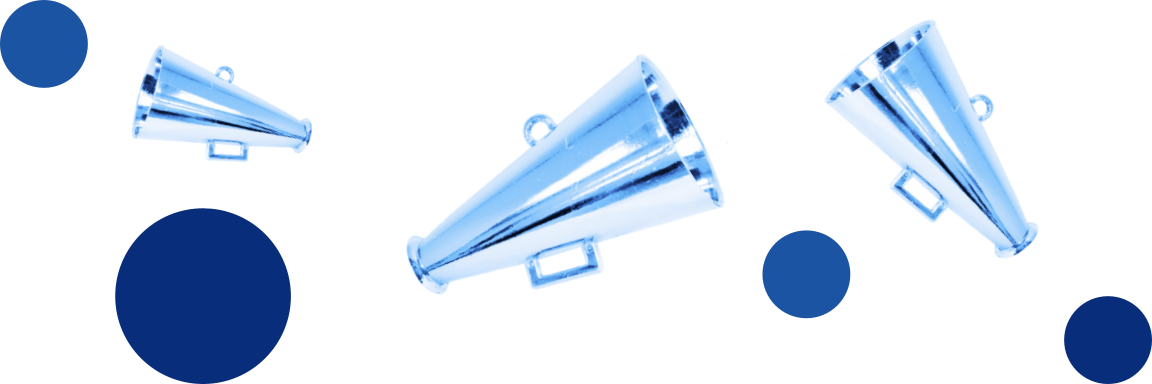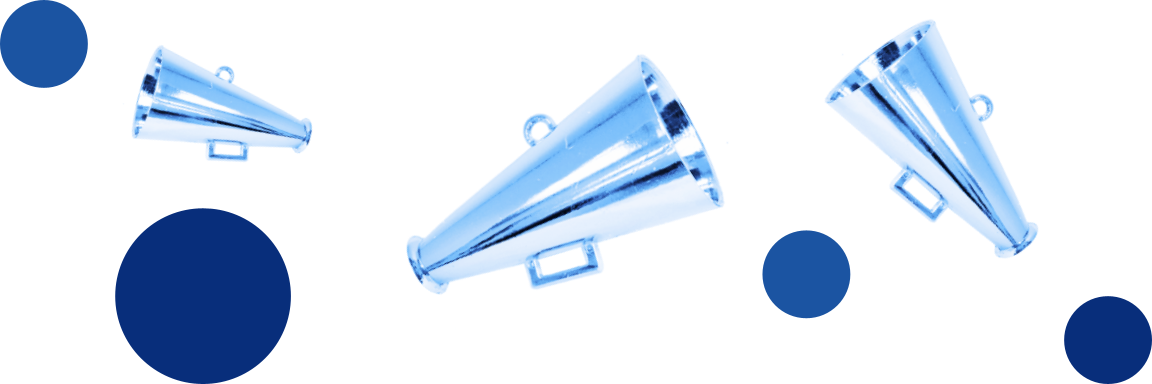School Discussions Can Be Dry. Here's How to Make Them Better.
Opinion columnist Jacob Zelinsky on using the tricks of ancient philosophers to make class more interesting.

Opinion columns are written by Current staff members to stimulate discussion of MSMHS-focused issues. Columns provide a public space for the author's personal opinions, and don't represent the voice of The Current overall.
An important part of education here at MSMHS is discussions, especially with the school’s emphasis on accountable talk. These discussions have some flaws, and it might be time to think outside of the box — and look in some unlikely places — to improve discussions at our school. In particular. our school could make use of something from the old philosophers’ toolkit: the Socratic method.
For those unfamiliar, Socrates was a Greek philosopher who lived around 400 B.C. He is featured in many recorded dialogues with Plato, his student. In these dialogues, he played an important role in driving discussion through the Socratic method.
What exactly is Socrates’ method? Put simply, it is a collaborative form of questioning. In a typical Socratic dialogue, common beliefs about any particular topic are scrutinized by a group of individuals. The goal is to evaluate these beliefs, through the method of group discussion and continual questioning. By asking these hard questions, individuals then come out of the discussion with a greater understanding of the subject.

Bringing this collaborative exercise into already existing discussions at MSMHS could prove very beneficial. It could improve the level of student engagement in discussions. The quality of the discussions might also improve because everyone is required to engage at a higher cognitive level with the class material. Discussions today are sometimes dry exercises of saying the correct things enough times to get points; the Socratic method could help to transform these discussions into group exercises where students get actual value.
So how would it be implemented at MSMHS? How is it any different from what we currently have now? While there certainly is a sense of collaboration in certain class discussions — especially among upperclassmen — the discussions tend to be rather one-directional. In these one-directional cases, the discussion is really just about getting points in, using the right accountable talk moves rather than striving for a shared understanding in the class. The Socratic method will help to alleviate this problem and make discussions more valuable for everyone involved.

Of course, this idea won’t work in all grades. I do think it will be necessary — especially among younger grades — for the teacher to direct the discussion in many ways. But that still doesn’t mean student engagement needs to be absent; the Socratic method could still be partially implemented in these situations.
In these younger grades, the teacher could begin the class with a prompt or a question that the class knows about beforehand. The students would have their own prepared question (or will generate one after the prompt is stated.) For example, if the class is analyzing a chapter from a novel, the teacher can open up the discussion with a general statement about the plot or characters. Each of the students will have a chance to ask their own questions. With appropriate moderation by the teacher, the students can then respond to any of the questions and continue with the dialogue.
It is important to note that the main message here is not to change the bread and butter of all discussions at MSMHS — the Socratic method should just be used as another tool in the teaching toolbox. It shouldn’t be required or forced; rather, it should be used as a beneficial team-building exercise when appropriate.
Additionally, its use shouldn't be limited to any particular class. The Socratic method is a very effective way to isolate and closely examine arguments, ideas, and trains of thought, and can apply to any discipline or subject. This particular philosophical method can be greatly beneficial in our educational curriculum, not only as something that helps students be better thinkers but also as an exercise in building teamwork and strong bonds among students.
Illustrations by Kaiden Chandler. Additional imagery via The Ribbon Source.

More on School Discussions





